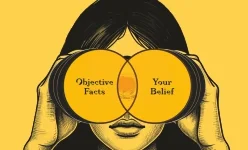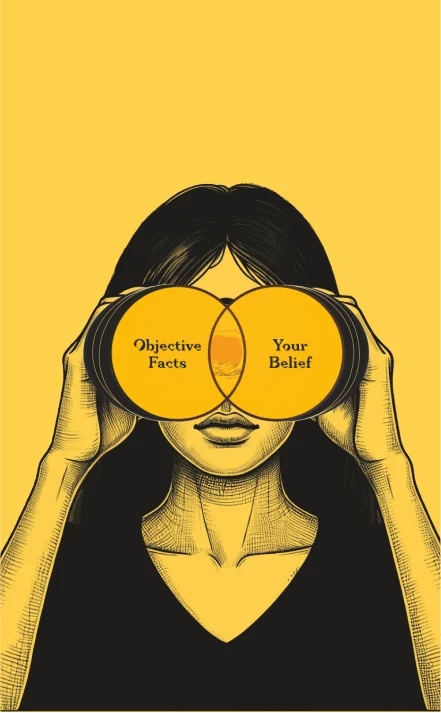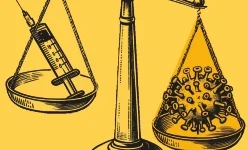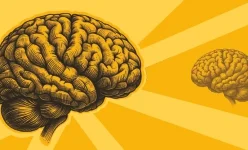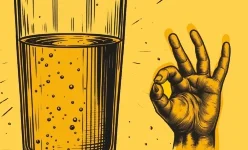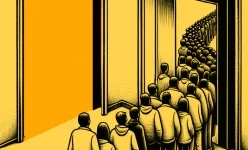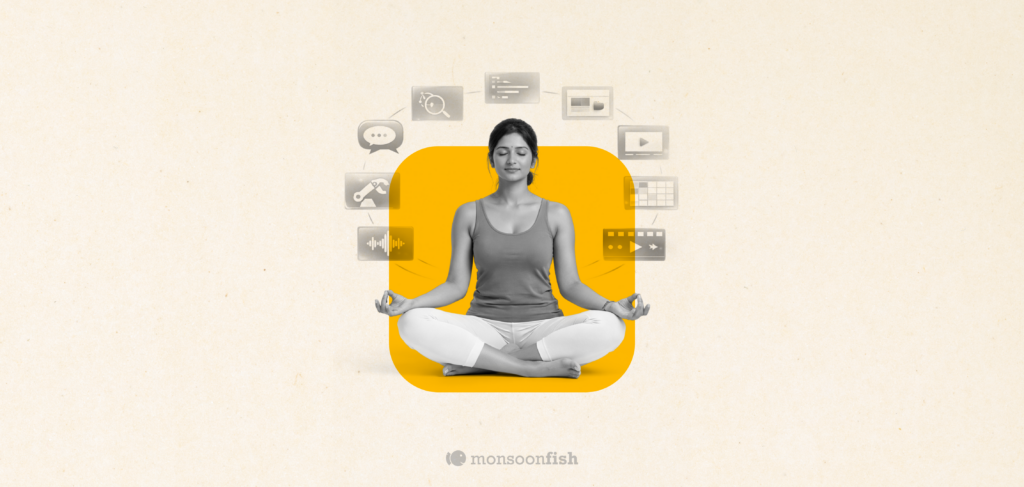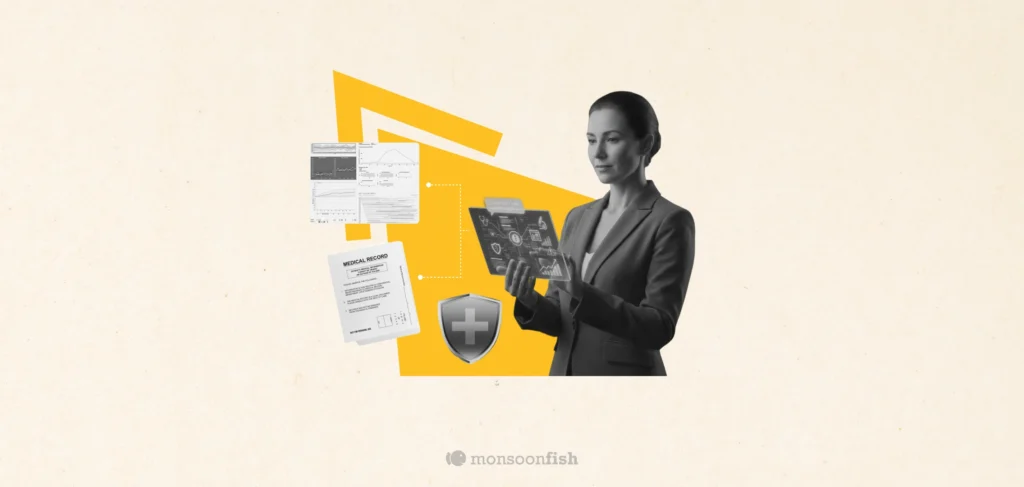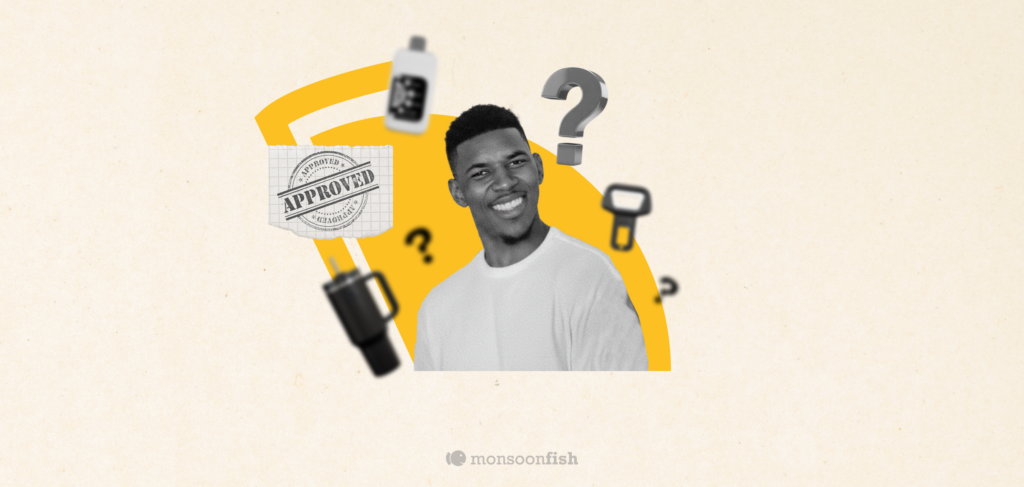Sophie had always believed in the power of natural remedies over modern medicine. Growing up, her family swore by homemade herbal cures for everything from colds to headaches. She read countless articles and watched videos claiming that a particular herbal tea could cure almost any illness. The idea resonated with her deeply—after all, nature had always provided the best solutions, right?
One day, her friend Ethan, a medical researcher, brought up a study published in a reputable scientific journal. It tested the healing properties of the tea and found no real medicinal benefits—just a placebo effect. Excited to share what he had learned, Ethan sent Sophie the article. But instead of considering the findings, Sophie brushed it off.
“These studies are always biased,” she said. “The researchers must be funded by big pharmaceutical companies trying to discredit natural healing.” She quickly found online testimonials from people claiming the tea had cured their chronic migraines and stomach issues. To Sophie, this was all the proof she needed. “See? I knew it worked!” she thought, completely ignoring the controlled study Ethan had provided.
A few months later, Sophie caught a persistent flu. She doubled down on her herbal remedies, refusing to take modern medicine. Her condition worsened, but she remained convinced that if she just drank more tea, she would recover. Eventually, she had no choice but to go to the doctor, who prescribed her antibiotics. Within days, she was feeling better—but she chalked it up to her body finally responding to the tea.
This is Belief Bias in action. We readily accept information that aligns with our existing beliefs while dismissing contradictory evidence, even when it’s well-supported. This bias can cloud judgment, preventing us from making rational, informed decisions.
